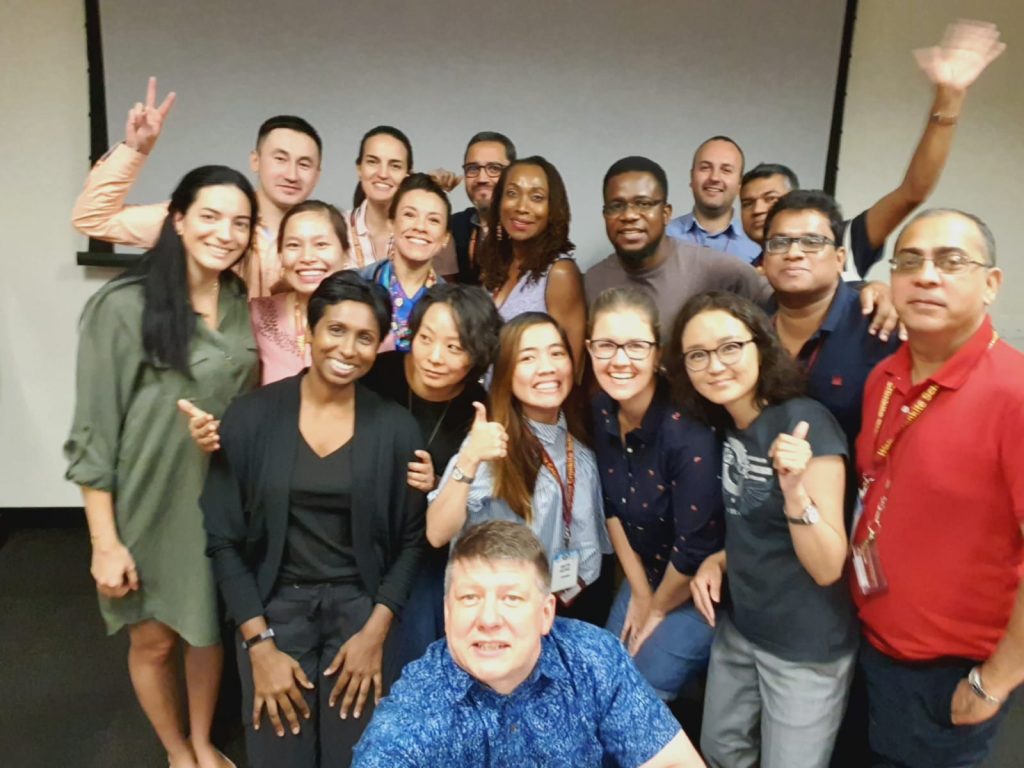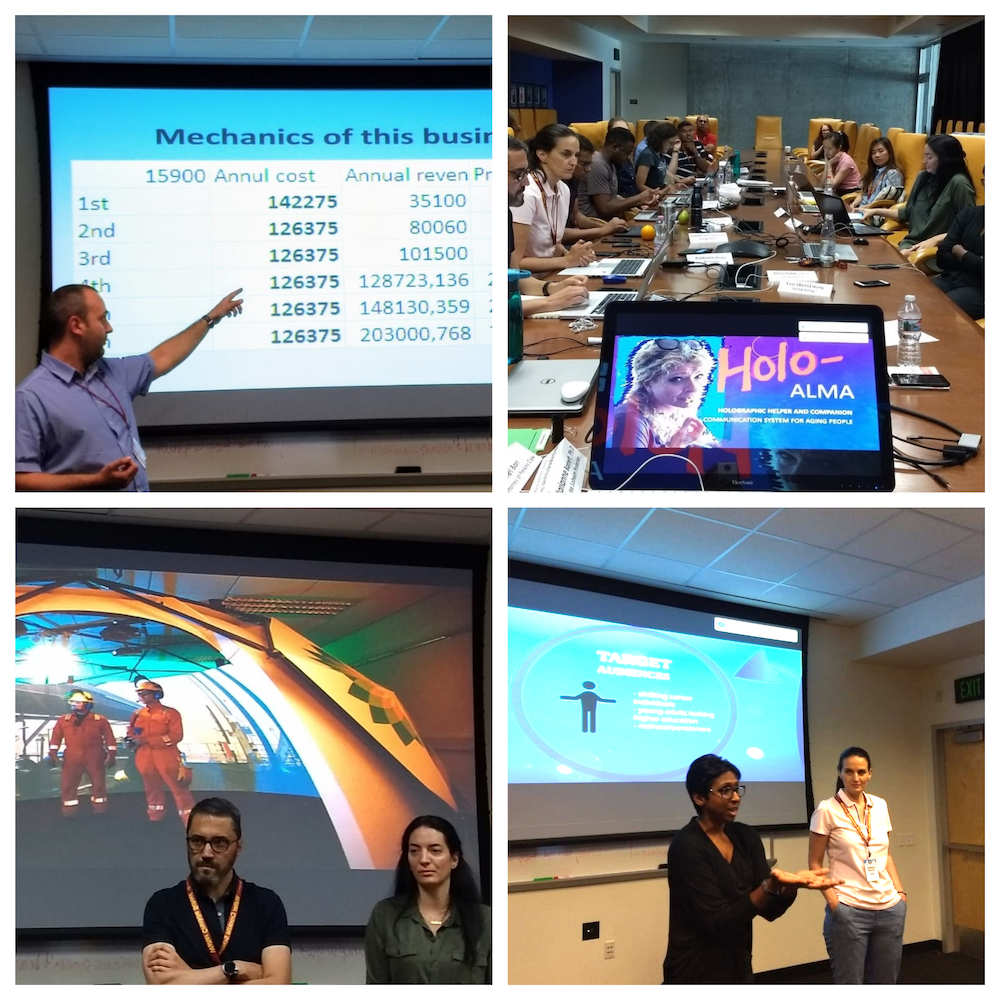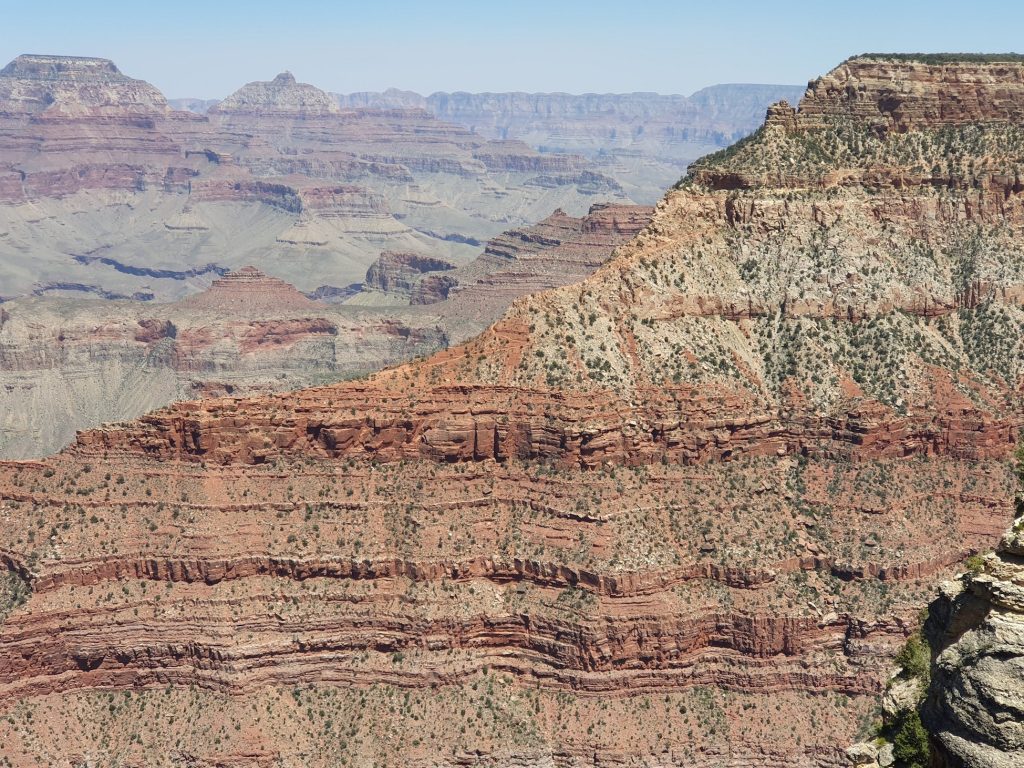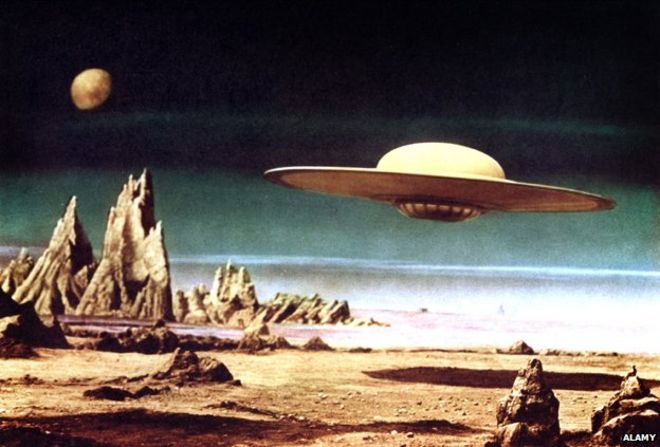Why is it so fascinating to play mind games with the idea of what the future will be like?
Maybe because it allows you to daydream with the idea of immortality, picturing scenarios that you will probably never see. Or maybe because the future is always a promising land, in which all our problems seem to be solved by the magic of technology.
All our discussions this week have been about attempting to “hack” the future. We have played with predicting the foreseeable settings that await humanity for the next 10, 20, 30 years. “Think like futurists!” was the central message transmitted by Ms. Retha Hill the last five days.
In our visions of the future, there are no flying cars, ray guns, floating cities or teleportation. Our imagined futures seem to be more subtle, more discreet, but at the same time more accurate.
Being a “futurist” has less to do with flying saucers and more with developing skills to successfully track broad patterns and interpret signals. As Amy Webb, founder of the Future Today Institute, writes: “future forecasting is a learnable skill and a process any organization (or scholar) can master”[3].
And that is how SUSI scholars accepted the challenge of coming up with a business idea based on future forecasting!

The first group, made up of Bess, Meta, Yuri, Sumon and Shree, presented the Voice Wizard, an app intended to make the human voice more charismatic, more articulate, deeper… and sexier, why not? Yuri gave us all a business-making lesson by showing the potential profit figures and projections for an app that every radio announcer should have.
Next, Grisel, Väino, Basil and Shailendra introduced us to Holo-Alma, a holographic helper and companion system for aging people, focused on fulfilling emotional needs while monitoring health and daily needs. Based on artificial intelligence and self-learning from a user’s social media, Holo-Alma can talk about happy memories and provide information on relevant local news. The always kind and helpful Alma Telibecirevic was the fundamental inspiration for this project.
Joanna, Cristiane, Alibek and Luis shared Find me a story, a virtual 5D chamber that provides an immersive environment for reporting-training. This chamber would provide journalism students the chance to experience the sensation of actual reporting from any location but without the risks of making mistakes. The chamber’s potential expansions to other areas, such as tourism, archeology, or paleontology, are infinite.
Finally, Andrea, Dinesh, Ganchimeg and Nga presented Personalized mobile learning experiences, a whole new concept of education based in personal experiences. By tracking present trends on student behavior and technological progress, this team concluded that the best way to innovate on educational matters is by allowing students to experience new sensations. This scheme is intended to be individually tailored and it might be applied along with universities and other educational institutions.

The French sociologist Jean Baudrillard wrote about the American desert that “the seasons here make no sense. It is a kind of suspended eternity in which the year is renewed daily with the guarantee that it will be like this each day, that every evening will be that rainbow of all the colors of the spectrum.”[3] This “suspended eternity” seems to be the perfect setting for reflecting about the things to come, for fantasizing about the future. Because by now, we have noticed how similar the desert is to images of remote, exotic planets.

[1]America, Verso, New York, 1988.
[2]“The Flare and Focus of Successful Futurists”,MIT Sloan Management Review, 2017, Vol. 58 (4): 55.
